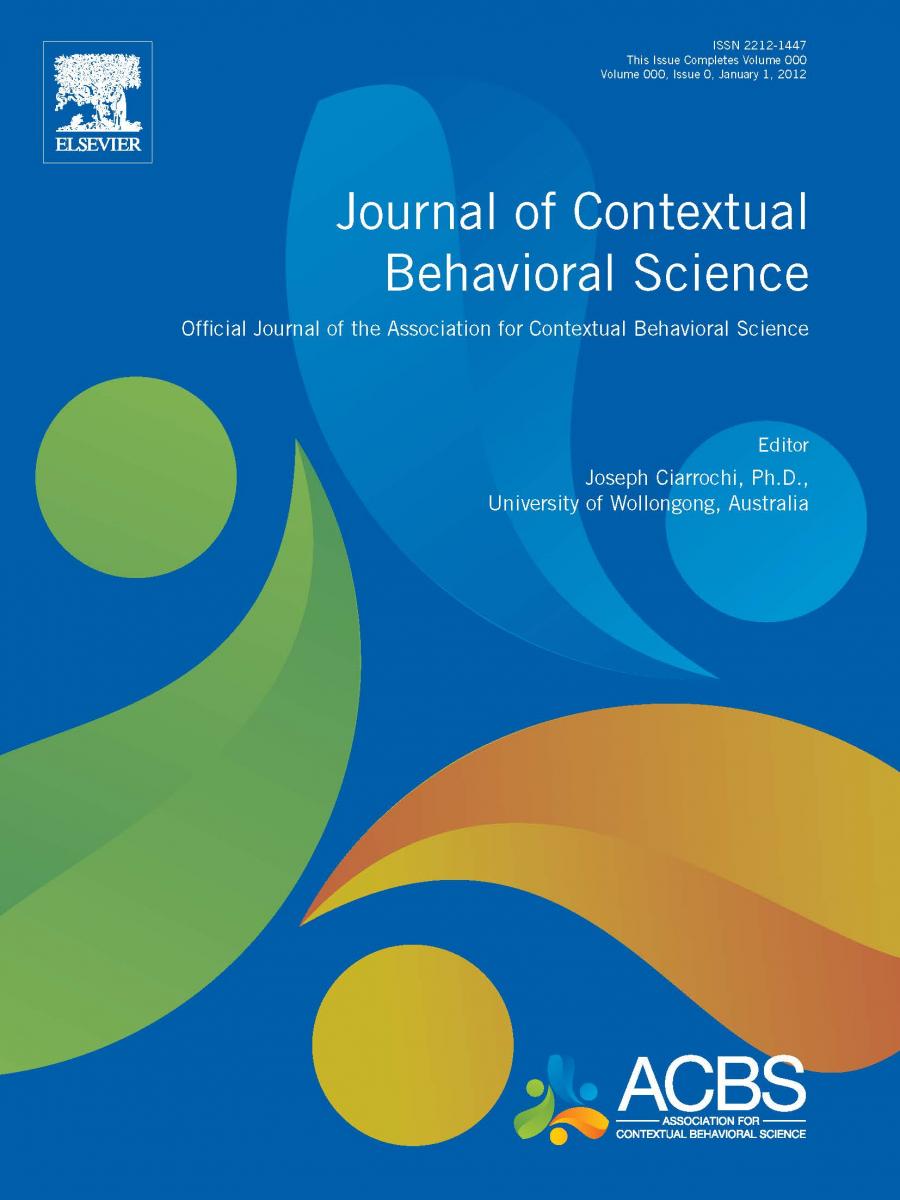
 The very first issue of the highly anticipated Journal of Contextual Behavioral Science (JCBS) has been released, and is now freely available! The top-notch scholarship in this first issue sets the stage for what is to come.
The very first issue of the highly anticipated Journal of Contextual Behavioral Science (JCBS) has been released, and is now freely available! The top-notch scholarship in this first issue sets the stage for what is to come.
JCBS is set to become the premier source for important developments in all areas of contextual behavioral science. Its inaugural issue is available free of charge to the public, and all subsequent issues will be available for ACBS members as a benefit of membership.
JCBS shall showcase a wide range of articles including basic research, randomized control trials, practical and clinical innovations, theoretical and philosophical works, review articles, and more. Diverse areas of application can all find a place within the journal’s broad mission: to change behavior at an individual or cultural level, to alleviate human suffering, and to advance human wellbeing.
To learn more about JCBS, click here. And, be sure to download and read the articles from this first issue. Here they are, free of charge:
Contextual Behavioral Science: Creating a science more adequate to the challenge of the human condition
Steven C. Hayes | Dermot Barnes-Holmes | Kelly G. Wilson
Holding on to our functional roots when exploring new intellectual islands: A voyage through implicit cognition research
Sean Hughes | Dermot Barnes-Holmes | Nigel Vahey
Consilience: Making contextual behavioral science part of the United Ivory Archipelago
David Sloan Wilson
Crying babies
Robert Epstein
Psychological flexibility and self-concealment as predictors of disordered eating symptoms
Akihiko Masuda | Robert D. Latzman
The Drexel defusion scale: A new measure of experiential distancing
Evan M. Forman | James D. Herbert | Adrienne S. Juarascio | Peter D. Yeomans | John A. Zebell | Elizabeth M. Goetter | Ethan Moitra
Acceptance-based exposure therapy for public speaking anxiety
Erica L. England | James D. Herbert | Evan M. Forman | Stephanie J. Rabin | Adrienne Juarascio | Stephanie P. Goldstein
Modeling the direct and indirect effects of thought suppression on personal choice
Nic Hooper | Ian Stewart | Cormac Duffy | Gary Freegard | Louise McHugh
